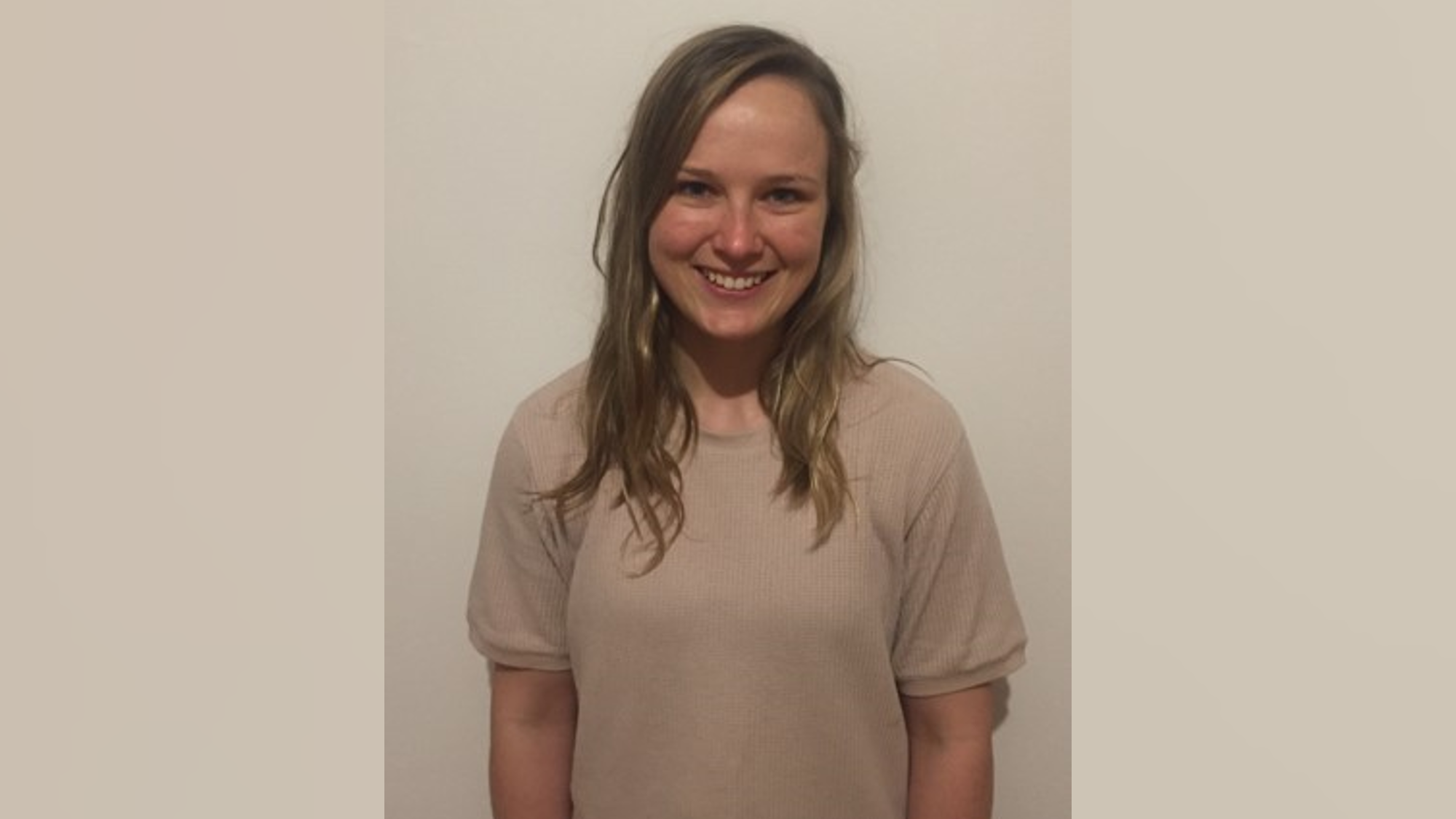"My experience in the Master of Biostatistics has inspired me to continue to work in the research space. I aim to undertake a PhD in the field of biostatistics, branching out into applications in infectious disease modelling. Watch this space!"
 My previous study was lab based, with a focus on biochemistry and microbiology. After a few years of working in a diagnostic pathology lab, I wanted to return to study to develop new skills and open new avenues in my career. I chose the Master of Biostatistics due to my interest in infectious disease and epidemiology. The University of Melbourne was unique in that it provided both face-to-face and online units, which allowed for greater interaction with teachers and other students while maintaining flexible study options.
My previous study was lab based, with a focus on biochemistry and microbiology. After a few years of working in a diagnostic pathology lab, I wanted to return to study to develop new skills and open new avenues in my career. I chose the Master of Biostatistics due to my interest in infectious disease and epidemiology. The University of Melbourne was unique in that it provided both face-to-face and online units, which allowed for greater interaction with teachers and other students while maintaining flexible study options.
The degree was challenging but rewarding; I gained a lot of new skills and knowledge. I developed both coding and statistical skills which are relevant for both research and work. My favourite aspect of the course was the capstone research project which consolidated my learning and allowed me to apply all the new skills I had developed.
I got along great with other students in our Master of Biostats cohort – there was always a lot of support among the group whether that be in group study sessions, collaborative projects or just catching up to celebrate the end of semester!
I was lucky enough to be involved in a casual research assistant position working on analysis of a large clinical trial. I also tutored for the Biostatistics stream of the Master of Public Health in my last year of study, which gave me some hands-on experience using the new skills I had acquired from the degree.
My experience in the Master of Biostatistics has inspired me to continue to work in the research space. I aim to undertake a PhD in the field of biostatistics, branching out into applications in infectious disease modelling. Watch this space!
Currently I work as a research assistant at the Peter Doherty Institute for Infection and Immunity. In this role I work collaboratively with laboratory and clinical researchers to provide statistical support, including data analysis, experimental or trial design and tutoring in statistics. I love the variety in the work that I do – in any one day I might be teaching, doing data analysis or presenting results to a research group. I am inspired by the people around me – they are all brilliant, caring and supportive in their own ways. When working in such a fantastic group, it’s easy to continually strive to be better!
Some background in maths and stats is very useful for this course! If needed, the University is very flexible in swapping between full-time and part-time study options, which I found necessary to balance with work.